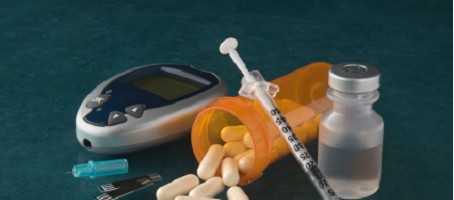A new study into the development of diabetic retinopathy has yielded interesting results which could change the way the common eye disease is treated in the future.
Diabetic retinopathy is a major complication of type 2 diabetes and the leading cause of blindness in adults. It occurs when blood vessels in the retina become damaged by high blood sugar levels and left untreated, it can lead to blindness.
In an effort to learn more about the underlying causes of the disease, a team of scientists at the Helmoltz Zentrum Munchen research centre in Germany examined the levels of membrane proteins in the retinas of healthy mice and compared them with those of mice with early stage type 2 diabetes.
Significant differences in the levels of 98 proteins were identified between the retinas of diabetic and healthy, non-diabetic mice. Many of these key proteins were found to be linked with cell signalling and transmission of neurotransmitters and were lower in concentration in mice with diabetes.
To see whether current diabetes medications could bring these proteins back to healthy levels, half of the diabetic mice were treated with the common type 2 diabetes drug metformin.
While some proteins returned to healthy levels, more than half remained “differentially abundant” between two groups of mice, including a protein called VGLUT1 which is involved in the transport of the vital neurotransmitter glutamate.
Dr Alice Ly, one of the study authors, said the research suggests that “it’s not just blood glucose that’s the issue” in the development of diabetic retinopathy.
“Basically, what we’re saying is that treatment only for blood glucose may not correct all the changes that occur in the disease,” she said.
The researchers concluded that the findings provide a greater understanding of the protein changes in diabetic retinopathy.
What's new on the forum? ⭐️
Get our free newsletters
Stay up to date with the latest news, research and breakthroughs.







